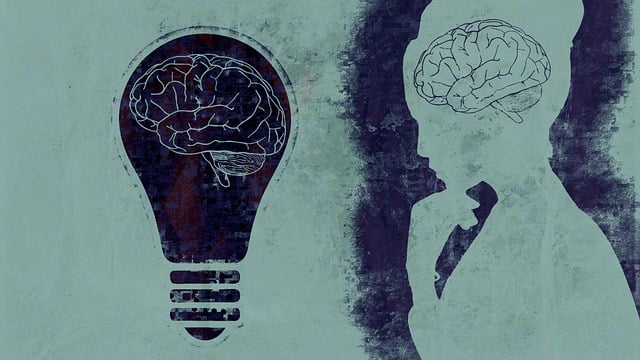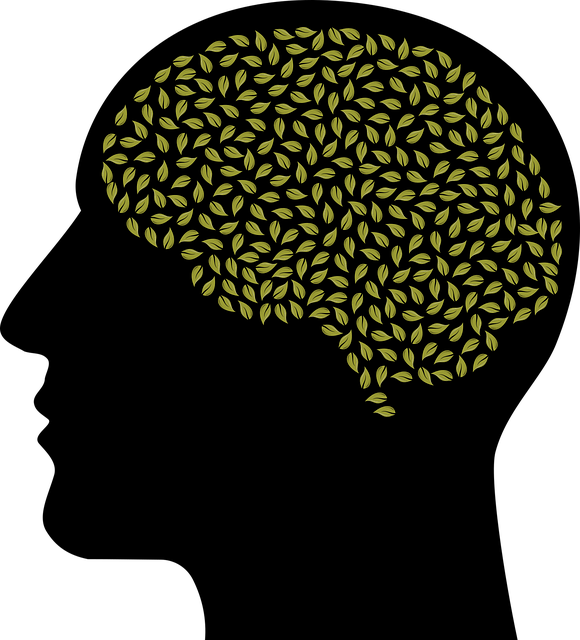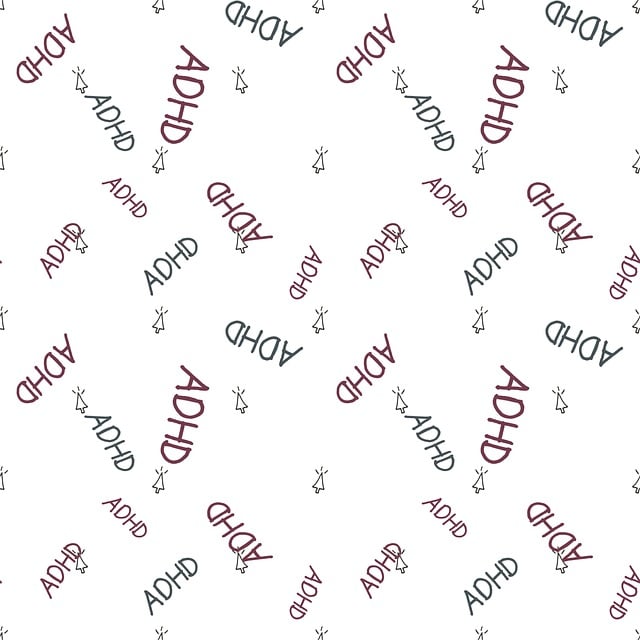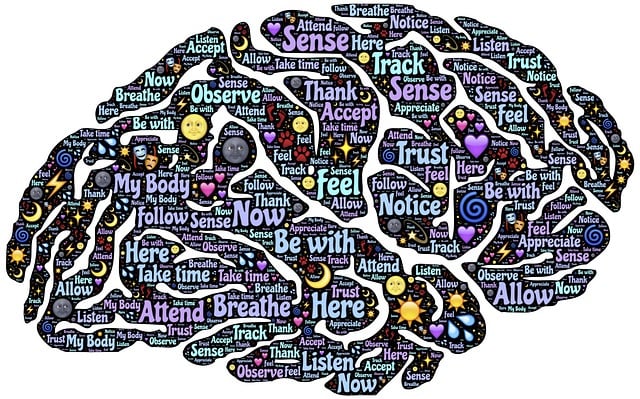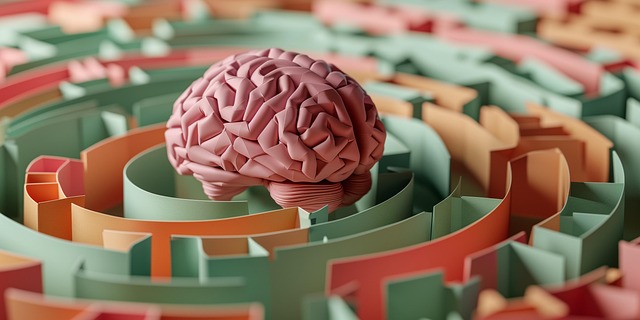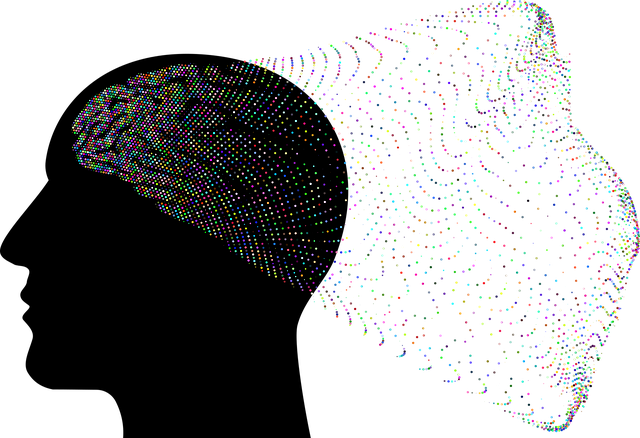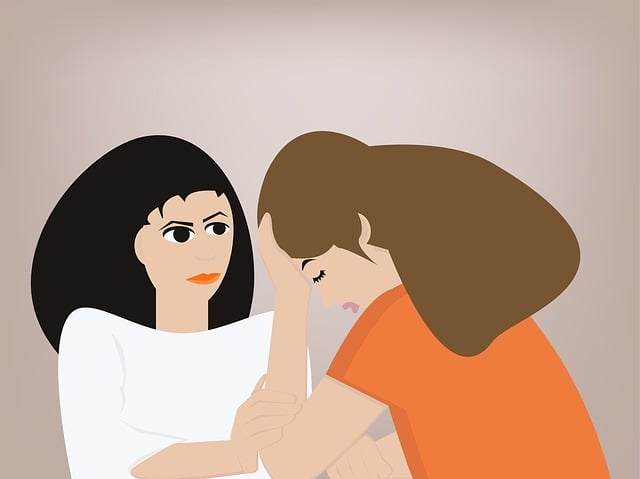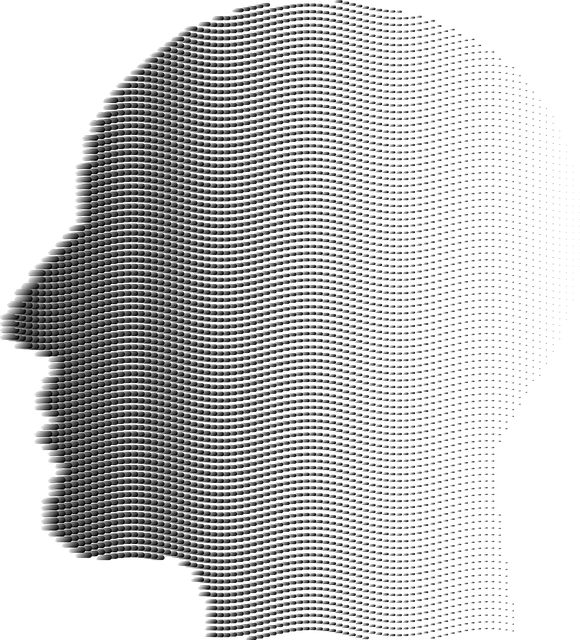Aurora Neuro Disorders Therapy (ANDT) employs the guiding principle of Understanding Resourcefulness, Flexibility, and Mastery (RFM) to cultivate resilience through a holistic approach. By combining Compassion Cultivation Practices and Mind Over Matter techniques with Cultural Competency Training, ANDT equips patients to transform adversities into opportunities for personal growth. The therapy integrates structured guidance and spontaneous exploration, leveraging traditional techniques and neuroscience research to build tailored resilience-building exercises. Through mindfulness practices, conflict resolution training, and regular evaluation using the RFM model, ANDT measures success, enhances Mental Health Awareness, and empowers clients to effectively navigate life's challenges.
“Unraveling the power of RFM (Resilience, Flexibility, and Motivation) as a transformative tool in the realm of Aurora Neuro Disorders Therapy, this article explores its integral role in fostering resilience. We delve into the science behind RFM, offering insights on how targeted exercises can enhance coping mechanisms. From clinical implementation to measuring success, readers will discover practical strategies for integrating RFM into therapeutic settings. Explore effective techniques to empower individuals navigating neuro disorders, ultimately improving their ability to adapt and thrive.”
- Understanding RFM and Its Role in Aurora Neuro Disorders Therapy
- Designing Resilience-Building Exercises for Optimal Impact
- Implementing RFM in Clinical Settings: Practical Steps and Strategies
- Measuring Success: Evaluating the Effectiveness of RFM in Resilience Building
Understanding RFM and Its Role in Aurora Neuro Disorders Therapy

In the realm of Aurora Neuro Disorders Therapy (ANDT), Understanding Resourcefulness, Flexibility, and Mastery (RFM) is pivotal. RFM acts as a compass guiding individuals navigating neuro disorders by cultivating resilience—a cornerstone of ANDT. This therapeutic approach recognizes that building mental fortitude is as essential as medical treatment for holistic recovery.
By incorporating techniques such as Compassion Cultivation Practices and Mind Over Matter principles, healthcare providers equipped with Cultural Competency Training can empower patients to embrace challenges. These exercises don’t merely enhance coping mechanisms; they transform adversity into opportunities for growth. Thus, RFM becomes a transformative force within ANDT, fostering not just survival but thriving amidst life’s uncertainties.
Designing Resilience-Building Exercises for Optimal Impact

Designing effective resilience-building exercises is a nuanced process that requires careful consideration to maximize their impact. At Aurora Neuro Disorders Therapy, we understand that each individual’s journey to resilience is unique. Therefore, our approach involves tailoring activities that not only address specific challenges but also foster personal growth and coping mechanisms. This involves incorporating both traditional therapy techniques and innovative strategies drawn from the latest research in neuroscience.
The key lies in balancing structured guidance with spontaneous exploration. Public Awareness Campaigns Development can enhance this by encouraging participants to reflect on their experiences, share stories, and learn from one another—building a supportive community that strengthens mental health resilience. Coping Skills Development is further bolstered through exercises designed to challenge individuals at their comfort levels, promoting the development of self-efficacy and enhanced problem-solving abilities. By intertwining these elements, Aurora Neuro Disorders Therapy aims to empower individuals with the tools and mindset necessary to navigate life’s challenges with increased fortitude and resilience, ultimately improving Mental Health Awareness and overall well-being.
Implementing RFM in Clinical Settings: Practical Steps and Strategies

Implementing RFM (Resilience, Flexibility, and Mindfulness) in clinical settings offers a transformative approach to patient care, especially for those dealing with neuro disorders like those seen at Aurora Neuro Disorders Therapy. The first step involves integrating RFM principles into treatment plans tailored to individual needs. Therapists can incorporate mindfulness exercises during sessions to help patients cultivate present-moment awareness, a cornerstone of resilience building. Techniques such as deep breathing and body scans can be powerful tools for managing stress and anxiety.
Practical strategies include designing weekly mindfulness practices for patients to adopt between sessions. These could range from guided meditations focused on emotional regulation to physical activities that enhance flexibility and overall well-being. Additionally, educators at Aurora Neuro Disorders Therapy might introduce conflict resolution techniques as part of resilience training, empowering individuals to navigate challenges with greater confidence and a positive mindset. This holistic approach not only aids in depression prevention but also boosts patients’ coping mechanisms, fostering an environment conducive to personal growth and recovery.
Measuring Success: Evaluating the Effectiveness of RFM in Resilience Building

Measuring success is an integral part of any therapeutic journey, and when it comes to Aurora Neuro Disorders Therapy’s resilience-building exercises, evaluating effectiveness is key. The Resilience, Frequency, and Motivation (RFM) model provides a structured framework for understanding how individuals progress in their emotional healing processes. By measuring these factors, therapists can tailor interventions to meet specific needs. For instance, high frequency but low motivation might indicate the need for more engaging community outreach program implementations that spark interest and encourage consistent participation.
On the other hand, Mental Health Awareness plays a significant role in successful RFM integration. Educating participants about the benefits of resilience-building exercises fosters better engagement and self-awareness. Regular feedback sessions and progress assessments allow therapists to adapt their approaches, ensuring each client receives personalized care. This dynamic process contributes to the overall success of Aurora Neuro Disorders Therapy’s initiatives, fostering not just recovery but also a sense of empowerment in navigating life’s challenges.
The implementation of RFM (Resilience, Flexibility, and Mastery) exercises in Aurora Neuro Disorders Therapy offers a promising approach to enhancing resilience and improving outcomes for individuals facing neurological challenges. By combining practical strategies from clinical settings with evidence-based techniques, therapists can create tailored programs that promote adaptive functioning and overall well-being. Effective measurement of success ensures the RFM model’s continuous improvement and effectiveness in building resilience among patients.


